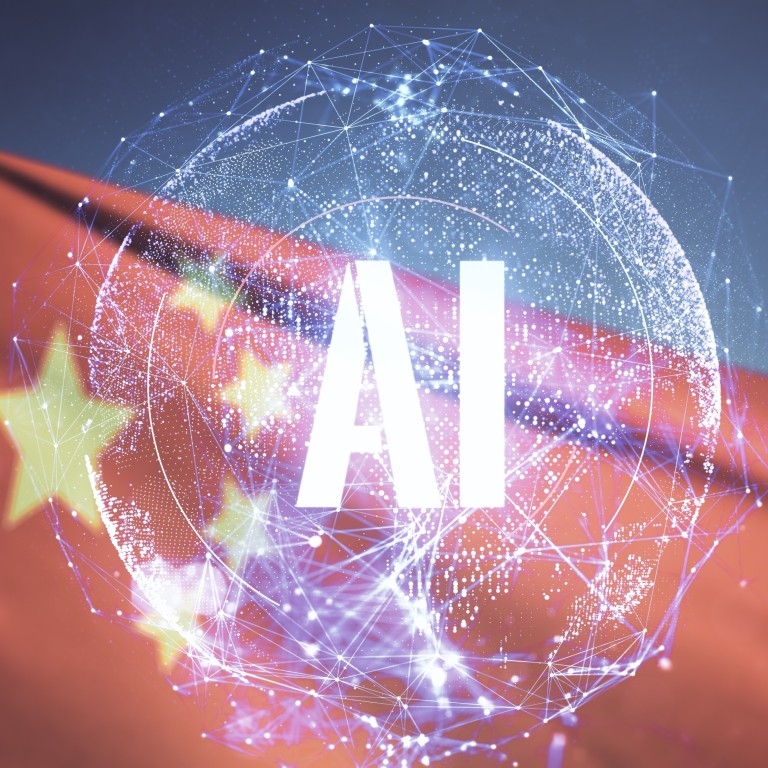
A Chinese generative AI start-up, touting itself as a rival to OpenAI’s Sora, raises US$14 million
- Beijing-based AIsphere has raised more than US$14 million in a round led by venture firm Fortune Capital
- Founded by former ByteDance executive Wang Changhu, AIsphere launched a beta version of its PixVerse video generator for domestic users on Monday
AIsphere, a Chinese text-to-video start-up, whose founder has vowed to catch up with OpenAI’s Sora in three to six months, completed a new funding round amid huge interest in generative artificial intelligence (AI) and large language models (LLM) in the country.
Beijing-based AIsphere has raised more than 100 million yuan (US$14 million) in the round led by venture firm Fortune Capital, according to a statement by the start-up on its WeChat account on Monday. The valuation, however, was not disclosed.
It was the third such fundraising in China within a month, after tech giant Alibaba Group Holding spearheaded investments in LLM developers MiniMax and Moonshot AI, according to media reports. Alibaba owns the Post.
Founded by Wang Changhu, a former vision technology head at TikTok owner ByteDance, in April 2023, AIsphere launched its video generator PixVerse in January for the overseas market. A beta version for domestic users was released on Monday, the company said.

AIsphere has marketed itself as having “ByteDance gene”, which the company said “solved several world-class problems in the computer-vision field given the huge scale of user data, and supported the construction and development of phenomenal video products such as Douyin and TikTok from 0 to 1”.
The start-up has attracted talent from rivals, including gaming and social giant Tencent Holdings, China’s second-largest short video app Kuaishou and Microsoft Research, to form its tech team.
Sora’s launch “has made the industry nervous and excited”, Wang said in the statement, adding that AIsphere would overtake Sora’s current capability “in three to six months”.
Some Chinese tech and business opinion leaders have toned down their optimism towards home-grown generative AI in the face of the advances made by overseas rivals.
Chinese researchers aim to ‘reproduce’ OpenAI’s text-to-video model Sora
AIsphere said the first stage in its commercialisation efforts would be to provide content creators with “quality video generation services”, followed by making AI-produced content available directly for users.

